Content plays an essential role in creating a positive customer experience.
It shapes how customers interact with a business and influences how they perceive their overall customer experience journey.
Not only is content useful in helping customers find the answers they need quickly and easily, but it can also help build strong relationships between customers and businesses.
Businesses often have a plethora of content at their disposal.
Creating truly exceptional experiences needs to be well organized and easily accessible. Only when content is structured effectively can it make an impact?
Here the Content Management System comes into the picture.
With the help of a content management system (CMS), businesses can do so much more than just organize content.
It allows users to create, update, optimize, and deliver content to the right audiences on the right channels when they need it most.
This can help businesses to reach new audiences, increase engagement, and maximize their content’s potential.
In this guide, we will talk about content management systems in detail. So if you want to make the most out of it, keep reading.
What Is A Content Management System?
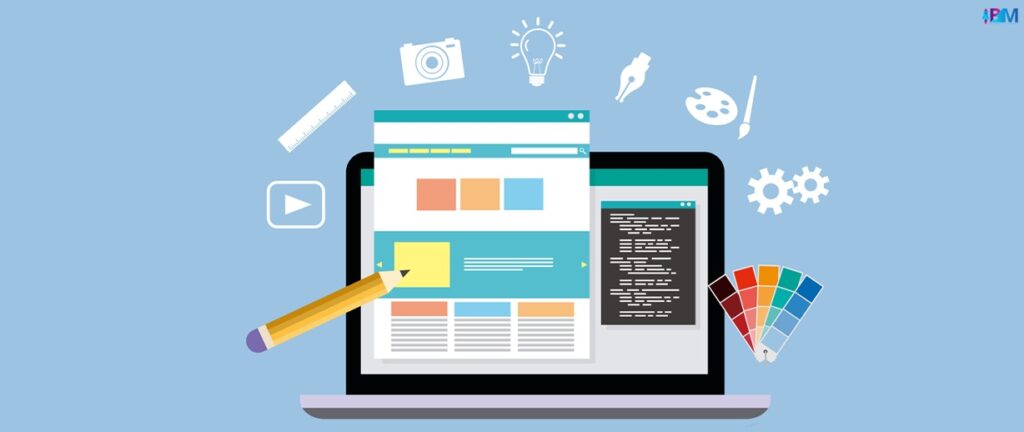
A CMS is a bridge between you and your audience. You can publish, modify, and organize your content without programming skills.
A CMS or Content Management Software is a great way to create and manage different content types easily. It can help you quickly create and publish content, saving time and effort.
Plus, being able to update content quickly and easily means you can keep your content up to date with the latest information and trends.
A content management system (CMS) is incredibly useful if you need to change your website.
How Does Content Management System Work?
CMS provides a way for users to easily store, create, manage, and publish content, making it easier for those with limited technical knowledge to maintain a website.
All the content management systems are mostly online.
Whether it’s media, text, audio, or something else, you need to be able to produce content and get it up on the web with minimal effort. That’s why the best content management system is the one that makes users feel confident and in control.
No matter what CMS you’re using, you’ll need to store the content you’re creating in a database. Different CMSs support different database and hosting types and ensure content is securely stored inside a database.
By offering access to multiple users, Content Management Systems (CMS) provide a range of user permissions, from general access to a specific editor, author, and admin roles. Each type of role has its responsibilities, allowing organizations to customize their CMS to their needs.
When you present the content, you can oftent do it on the front end of a live website, but some amazing, state-of-the-art headless CMS options allow for different levels of publication: private, offline, and public.
10 Benefits Of Content Management System
Now, Let’s look at the top 10 advantages of the content management system.
1. User-Friendliness
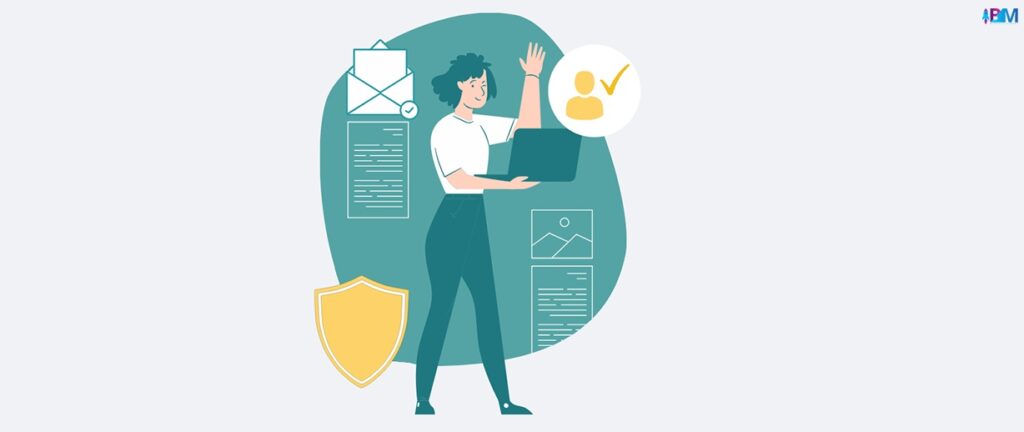
Do you even use software that is hard to use?
We’ve all been there, and it’s something that nobody enjoys – but unfortunately, it’s an all-too-common experience.
People look for software that makes life easier for the user rather than needing heavy technical knowledge. Many people opt for Content Management Systems (CMS) platforms. This is because they offer an intuitive and user-friendly interface.
This is one of the main reasons CMS platforms are so popular and makes life a lot easier for those who use them!
Content management systems make it easier for marketers and developers to create, manage, and serve to engage user-friendly content.
2. Content Collaboration

If you see it from the marketing perspective, you need a workflow that seamlessly syncs cross-team collaboration with content publishing endpoints and scheduling. Everyone involved in content creation can easily collaborate and stay on top of the production timeline.
Implementing these workflows can help streamline your content development, making creating and sharing content easier and faster.
You can build any type of workflow to suit the content development process your organization needs.
The great thing is that workflows are flexible and customizable to adjust to any changes in your organization’s processes.
Example: Let’s say the creator prepares the content, then it goes for designing, followed by approval and publishing. You can execute the entire process through a CMS.
3. Enables Customizations
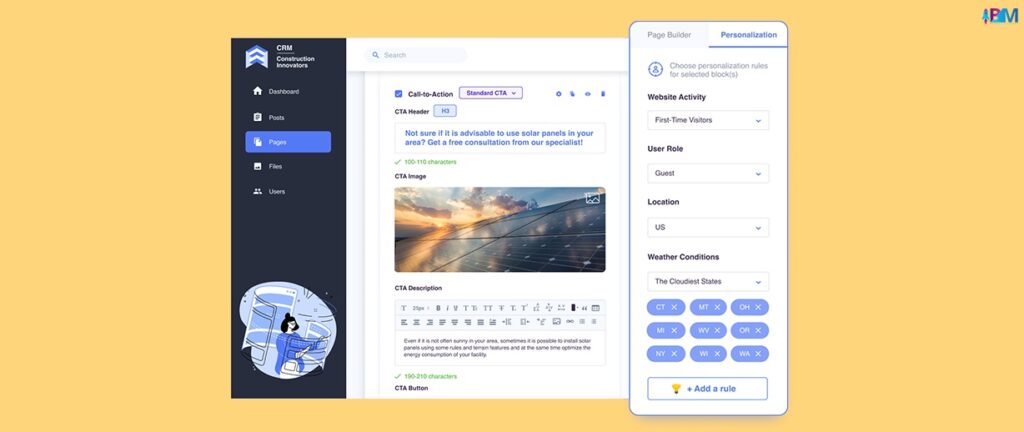
Content management systems come with various customization options, allowing you to adjust and personalize your website or blog to suit your needs and preferences.
Whether you want to rearrange the layout, add new features, or change the appearance of your site, these systems provide the tools you need to make your website unique, functional, and visually appealing.
You can change the layout, install a new theme, adjust the overall design, and more. These customizations can give you the freedom to change the visuals, colors, and fonts to
your preference so that your website stands out from the rest.
Why does customization matter? Every business comes with its requirements. And that is why you should make it personalized. A blogger needs a different type of content, whereas an eCommerce website owner requires something else.
4. Hassle-Free Content Scheduling
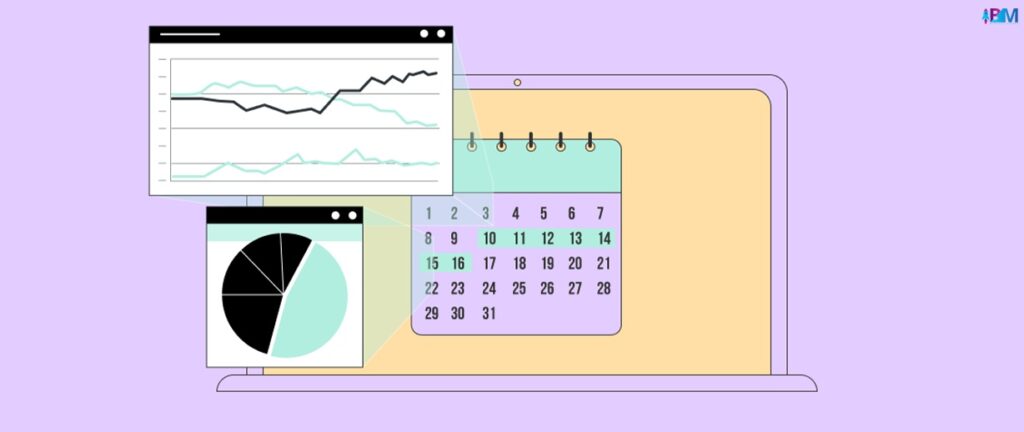
As your content strategy begins to include a larger pool of contributors than simply yourself, having an editorial or content calendar is essential to ensure you can plan your content and create the perfect balance of topics and content styles.
Not only will it help you stay organized and give you an overview of the upcoming content, but it will also enable you to adjust quickly to unexpected changes or disruptions in the plan.
CMS allows you to draft your content and schedule them. Whether you need to schedule something a few days, weeks, or even months in advance, the content management system is a lifesaver. This way, you don’t have to worry about your content getting lost in the shuffle.
5. Make It More Secure
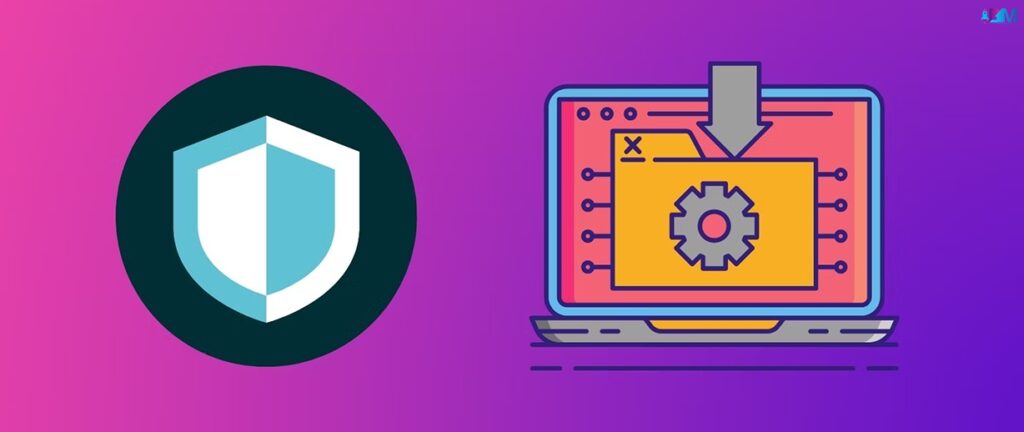
Hacking is a common phenomenon in this digital world. Hackers usually steal confidential information that is quite pertinent to the business. Irrespective of the size of the business, protecting your data is a must-have thing.
It is great that a continent marketing system can help you from the said threat. A reputed CMS secures your data without fail.
When deciding on a CMS for your website, it is important to consider one with robust security features.
While some content management systems have security measures already built-in, it is important to ensure that you have all the necessary tools to protect your site, as these may only be sufficient in some cases.
6. SEO Friendly

Every site wants to rank higher on search results. And the same is not possible without leveraging SEO.
With a content management system, it is to optimize your content for the search results. The Content Management System handles everything, be it keywords, metadata, title tags, or SEO-optimized URLs.
CMS allows you a library of tools, plugins, and other SEO-friendly components, enabling you to rank higher on Google.
The content management system will remind you if you fail to meet the requirement (incomplete efforts). Let’s assume you haven’t maintained the keyword density or your content is not readable enough – in such cases, you’ll get a reminder from the CMS.
The best thing about the CMS tools is that they are updated to uplift your ranking.
7. Cross-Channel Delivery

Gone are the days when publishing content was limited to websites and apps – the modern world requires omnichannel content delivery. That implies you can access content anywhere and on any device.
This offers readers a much smoother and more enjoyable experience, so it’s worth investing in the right tools and strategies to make it happen.
To achieve omnichannel content delivery, you must present your content across all formats.
To succeed in the ever-evolving marketing world, you must ensure your brand offers a consistent and seamless omnichannel experience across all forms of communication.
That means pushing out engaging, branded content on all existing and emerging channels while ensuring this content and its experiences are connected. Only by doing this can you truly provide a successful omnichannel experience for your customers.
8. Easy Accessibility

The beauty of using a CMS is that you can access it anytime, anywhere.
Even if you have a team that works worldwide (with different time zones), CMS allows you to work seamlessly.
Simply put, CMS allows you to work remotely, provided you have the right CMS.
CMS can simplify your job for those who prefer a flexible work approach.
9. Mobile-Friendliness

As more than half the world’s population relies on their phones to browse the web, it’s no surprise that mobile usage has exceeded desktop usage by a mile!
Even Google considers this and puts more emphasis on having a mobile-friendly website.
That’s why it’s so important for you to ensure that your website looks great and runs quickly on mobile devices; it’ll ensure that your website visitors have a pleasant and hassle-free experience.
Indeed, most CMS are mobile-friendly and convenient to use from the moment of installation.
However, to truly ensure you are getting the most out of your CMS, you should double-check that any additional plugins, themes, and add-ons you include are compatible with mobile devices.
That way, you can ensure you have the best possible user experience, no matter which device you use.
10. Detailed Analytics

Without evaluation and planning, you can’t make the most out of your content strategy. Content marketing is incomplete without a content audit. Monitoring the performance of your content requires tracking the right metrics.
The dashboard of the CMS is well equipped with analytical tools (most importantly, Google Analytics). As a result, you can easily measure the KPIs from the dashboard without depending on third-party tools.
With a content management system, you can get real-time insight into the type of content performing well and those not getting the results.
Final Takeaway!
We hope you understand that a content marketing system saves you a lot of time and effort. You get the right tools under one roof.
Simply put, it streamlines your entire content creation (creation, production, and distribution) journey.
Working with a developer and managing everything is a cumbersome process. And costly too. This is where CMS comes in.
What do you think? Do you know any other benefits?
Read Also:
